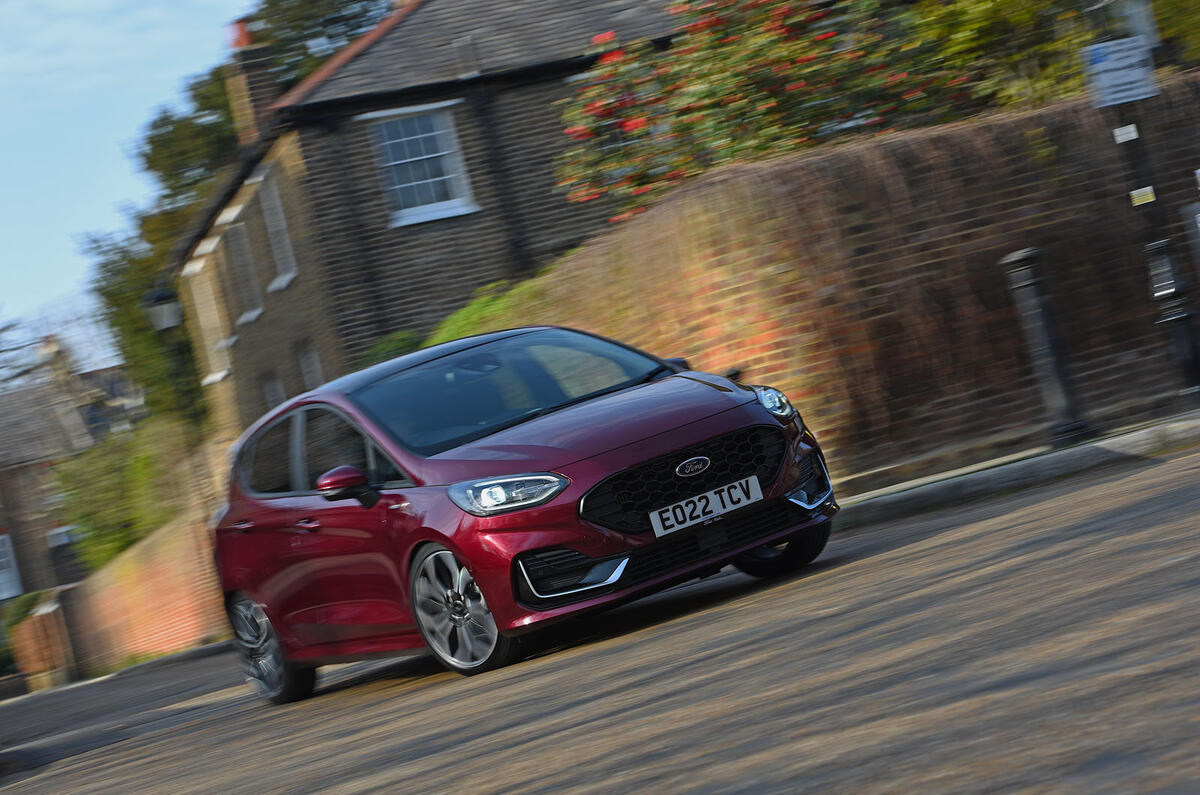For so many people, cars are an essential. They provide safe, reliable transport, and allow that freedom of mobility.
Most mainstream car makers understand this. Whatever aspirations they have to become more premium and moved upmarket, they still recognise the need to offer access to their brand. That’s why city cars and superminis have existed, to allow buyers affordable routes into new car ownership, and all the safety and emissions benefits this brings.




Add your comment